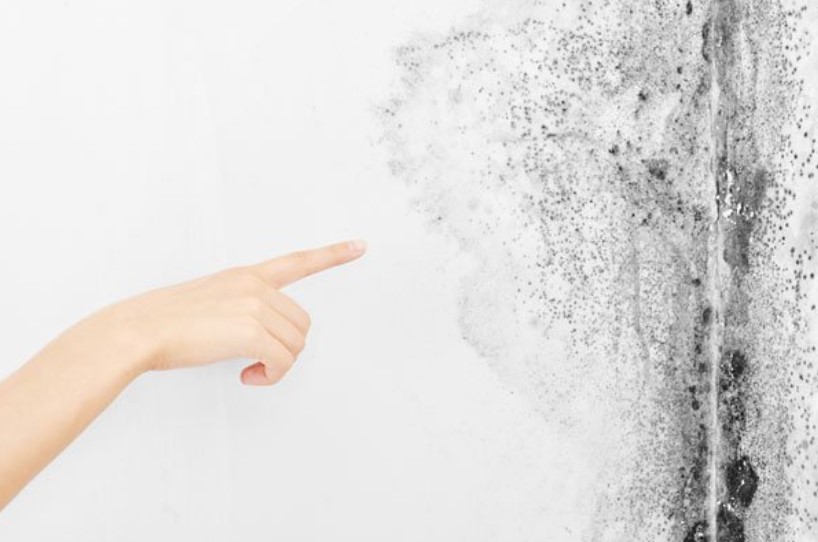
Whether you suspect that your home has been invaded by mold or you need to remove it quickly, a mold removal in Rhode Island company can help. A mold removal in Rhode Island professional is a skilled professional who will address the root cause of the problem before they begin cleaning up. They may recommend foundation repairs or basement waterproofing to prevent excess humidity in your home.
Black mold
Mold remediation can be done by yourself, but you should wear protective gear. This includes goggles and gloves that cover your forearms. You will also need specialized cleaning supplies and respirators.
If you have sizeable indoor mold growth, you should consider hiring a professional mold remediation company in Providence. Several factors may lead to mold development in a home or business. First, mold can be highly toxic. People with respiratory problems are especially susceptible to the harmful effects of mold. Second, mold can be a trigger for asthma and skin reactions.
Aspergillus
Aspergillus is a fungus that thrives in areas that are rich in carbon. This includes decomposing plants and foods. It can cause allergic bronchopulmonary aspergillosis, characterized by intense itchiness and inflammation of the air passages and lungs. It is often more severe in people with chronic lung disease. People with this condition may have mucus in their air passages, which provides a rich environment for the mold to thrive.
The fungus produces spores, which are microscopic and float in the air. They can enter a building through windows, doors, and HVAC systems. These spores can also be carried inside by clothing and pets. Because they produce allergens and irritants, mold colonies can be extremely troublesome and unhealthy. If you suspect a settlement, you may notice a musty odor.
Fusarium
Fusarium mold is hazardous, and removing it as soon as possible is the best way to prevent further damage to your property. The fungus feeds on various materials, including wood and drywall. As a result, it can cause walls and ceilings to fall in and other problems. In severe cases, it can even cause an abscess in the brain. This is because mold spores can travel through the air and reach the bloodstream.
To get rid of Fusarium permanently, reducing household moisture is vital. However, more is needed. It would help if you also used a registered fungicide on the affected surfaces. In addition, it would help if you avoided bleach, as it does not work well on porous surfaces.
Penicillium
Penicillium mold is dangerous to human health, so you must get the mold removed as soon as possible. The spores of this mold can cause various health issues, so you must use protective gear when removing it. It would help if you also blocked off the area where you are working with plastic bags or other materials to avoid spores from drifting. Contact a mold remediation specialist if you cannot remove the mold yourself.
When it comes to mold, you should know that the most common types in a home are Cladosporium, Penicillium, and Aspergillus. However, Stachybotrys mold is the most dangerous because it can cause flu symptoms, diarrhea, headaches, and memory loss. It can also lead to severe respiratory damage, especially in children.
Chaetomium
Chaetomium mold is a potentially dangerous fungus that can grow indoors and outdoors. Its spores are more significant than most types of mold and can cause health complications for people exposed to them. The fungus also produces carcinogenic mycotoxins, which are harmful to humans. These toxins can cause respiratory infections, skin infections, and autoimmune diseases. If you suspect your home is infected with this mold, it’s a good idea to call a professional to get rid of it.
If you’ve discovered a Chaetomium infestation, it’s essential to seek professional mold remediation as soon as possible. Because this type of mold thrives in dark, wet environments, it poses a severe health risk. In addition, this mold is hazardous for children and the elderly, as it can cause life-threatening diseases such as dementia and immune system damage.
